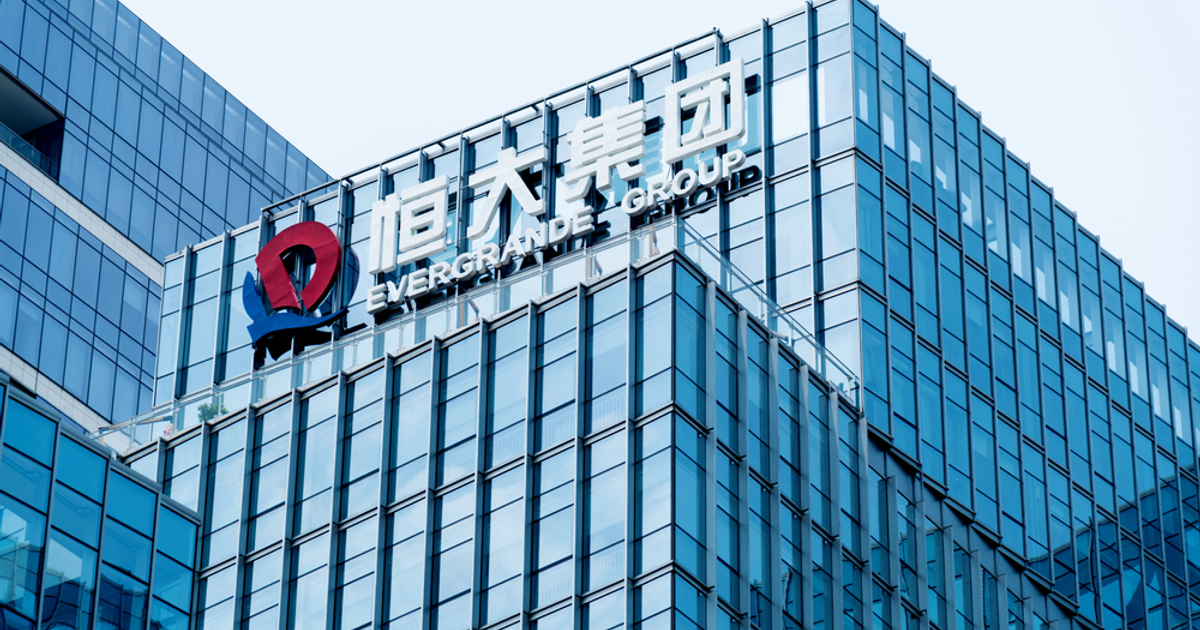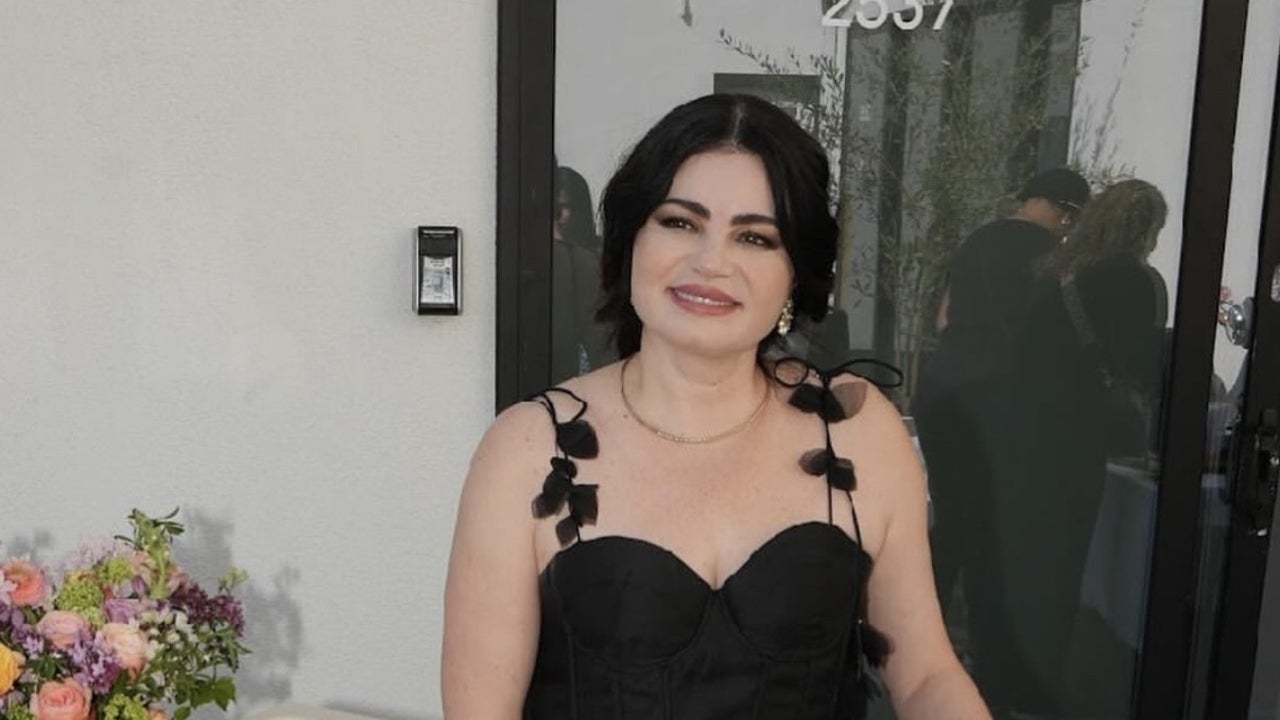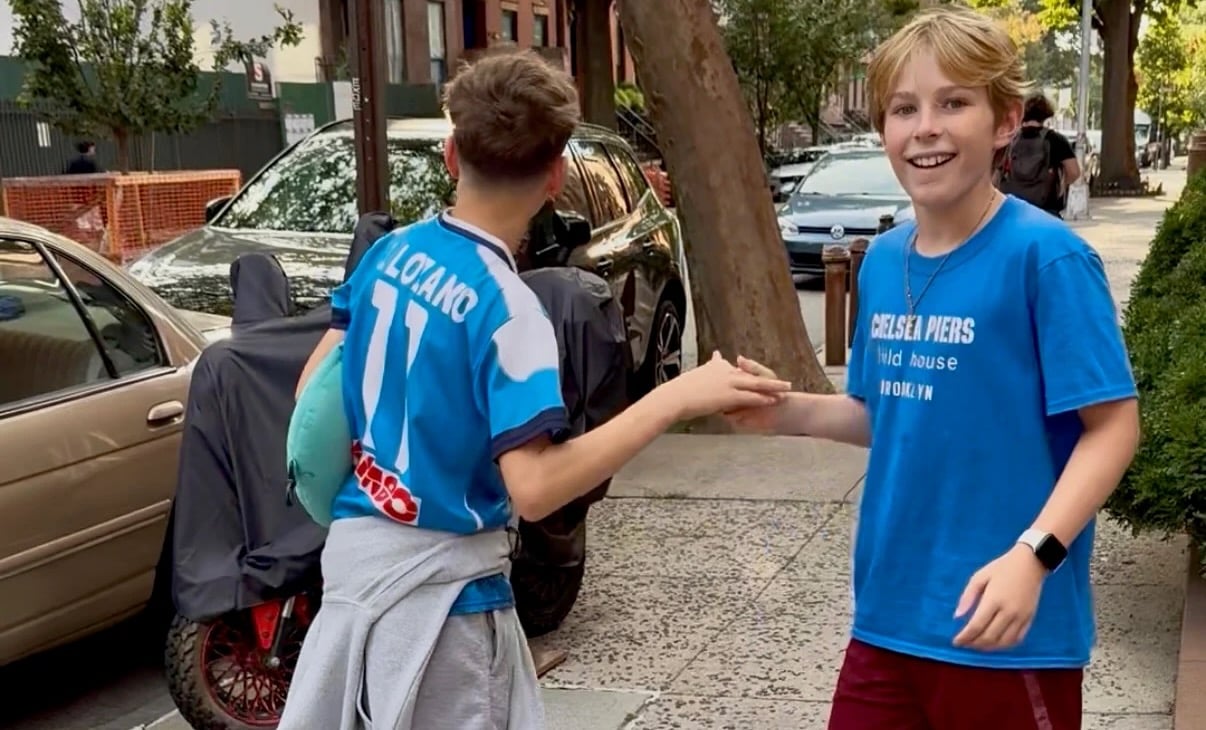WPP wins Coca-Cola’s massive agency review
The holding company beats Publicis in final round, will form a bespoke unit called "OpenX" to handle Coca-Cola's media, creative and data in some 200 countries.

WPP is the big winner in Coca-Cola Co.’s massive agency review, beating out Publicis Groupe in the final round of lengthy pitch for the beverage giant’s creative, media, data and marketing technology business spanning more than 200 countries.
The holding company will form a bespoke team called OpenX to handle the account, assuming a role Coca-Cola describes as “global marketing network partner.” WPP is charged with overseeing end-to-end marketing solutions across Coca-Cola’s entire beverage portfolio, which includes some 200 brands including sodas such as Coke and Sprite, as well as sports drinks, juices, coffee, tea and plant-based drinks.
“Consumers respond to an entire experience—they don’t separate the message from the medium—and that’s why we’ve designed an agency model to be truly consumer-centric and silo-free,” Manolo Arroyo, Coca-Cola’s global chief marketing officer, said in a statement. “This model is about seamless integration of the power of big, bold ideas and creativity within experiences, amplified by media and data. It will enable us to create end-to-end experiences that are grounded in data-rich insights and optimized real-time, at scale, as we learn from consumers.”
The decision wraps up an 11-month review that also included pitches from Dentsu and Interpublic, in addition to Accenture Interactive, which was eliminated early on. The search—overseen by consultants Mediasense for media and PricewaterhouseCoopers for creative—involved hundreds of meetings and involvement by top-level holding company executives in what was one of the biggest agency reviews of the year.
Register for Ad Age Next: CMO at AdAge.com/NextCMO.
Dentsu will take on the role of what Coke describes as a “complementary media partner,” which amounts to media in Japan and Korea, leaving WPP with about 90% of the media business, Arroyo confirmed in an interview.
Coca-Cola ranks as the world’s 17th-largest global advertiser, according to Ad Age Datacenter. The company reported worldwide ad spending of $2.78 billion in 2020, down sharply from pre-pandemic spending of $4.25 billion in 2019. But Coke is plowing more money into marketing this year as countries emerge from COVID lockdowns and business picks up from Coke-serving venues such as bars, restaurants, concerts venues and sports stadiums. Worldwide ad spending jumped to $3.2 billion in the first nine months of 2022 from $2.1 billion for the same period of 2020, the company reported, as third quarter total sales volume surpassed 2019 results for the first time since the pandemic began.
Why Publicis came in second
Publicis and IPG are not completely shut out: agencies inside the holding companies will be part of Coca-Cola’s strategic creative agency roster that will get about one-third of the company’s marketing work via what Coca-Cola describes as an “open-source” model.” The list is still being assembled, with Coke incumbents Wieden+Kennedy and Stagwell Group’s Anomaly still being considered, according to Arroyo.
“We know brilliant creative ideas come from anywhere, and we will retain that flexibility,” Arroyo said in a statement.
The decision breaks a hot streak for Publicis that in recent months that includes last week’s pickup of Facebook’s $750 million media business and the Walmart U.S. media win.
Arroyo, in the interview, indicated WPP’s global scale tipped the scales in its favor. “There is so much I love about Publicis,” he said. The holding company “has been on a really good run, but mostly it’s in North America.”
“The geographical reach of WPP—particularly as it relates to India, parts of Asia and Africa, plus the Middle East—WPP on those geographies has a width and a depth of capabilities that probably is still clearly at an advantage versus Publicis,” he said.
That reach is a key factor as Coca-Cola attempts to build out what it calls a “network model” in which creative briefs are led globally with input from individual market leaders who adjust the work where appropriate to ensure it is functional on a country-by-country basis. It’s a significant strategy shift for a company that had used a more siloed marketing approach in the past. The company has also simplified its business in a move to focus on brands that can be scaled globally; it once sold 400 brands—now it has about 200.
WPP CEO Mark Read in a statement said the holding company’s “capabilities across content, media, data, production and technology, operating locally and globally, will complement the Coca-Cola Company’s globally networked organization. It’s unparalleled in our industry in terms of breadth and depth of capabilities, and reflects WPP’s scale and reach around the world.”
WPP had already held portions of Coca-Cola’s media business in some global markets via MediaCom, and Ogilvy has a history of working for Coke.
Publicis Groupe declined a request for comment.
Coca-Cola began the review in December in a move to consolidate an agency roster that had grown to some 4,000 shops globally, including those that handle creative, production, shopper marketing and experiential. The consolidation should yield significant agency fee savings.
WPP’s selection means Interpublic-owned UM will give up the North American media account it held since 2015, while Publicis Groupe’s Starcom will also lose some global media work it held in select markets in Latin America and southeast Asia. In the U.S., Anomaly had been behind big brand Coke campaigns in recent years, but now its future workload depends on making Coke’s new strategic roster and then being handed assignments via the open source model. Wieden+Kennedy, which has also been behind notable Coke efforts in recent years, is in the same situation. IPG’s status is a bit more certain. Arroyo in a statement said “their agencies like McCann and Mercado will continue to be key partners for the company.”
Key assignments are likely to include adaptations of brand Coke’s new marketing platform called “Real Magic.” It was rolled out globally in late September via an ad from BETC London called “One Coke Away From Each Other” that puts the brand at the center of a fictional esports competition. The brand is putting a new emphasis on gaming in an attempt to win over Gen Z consumers. But the BETC ad drew mixed reviews, including some negative reactions from gamers. Future work is expected to make use of music and sports, while promoting Coke consumption during meals and breaks.

 BigThink
BigThink 































